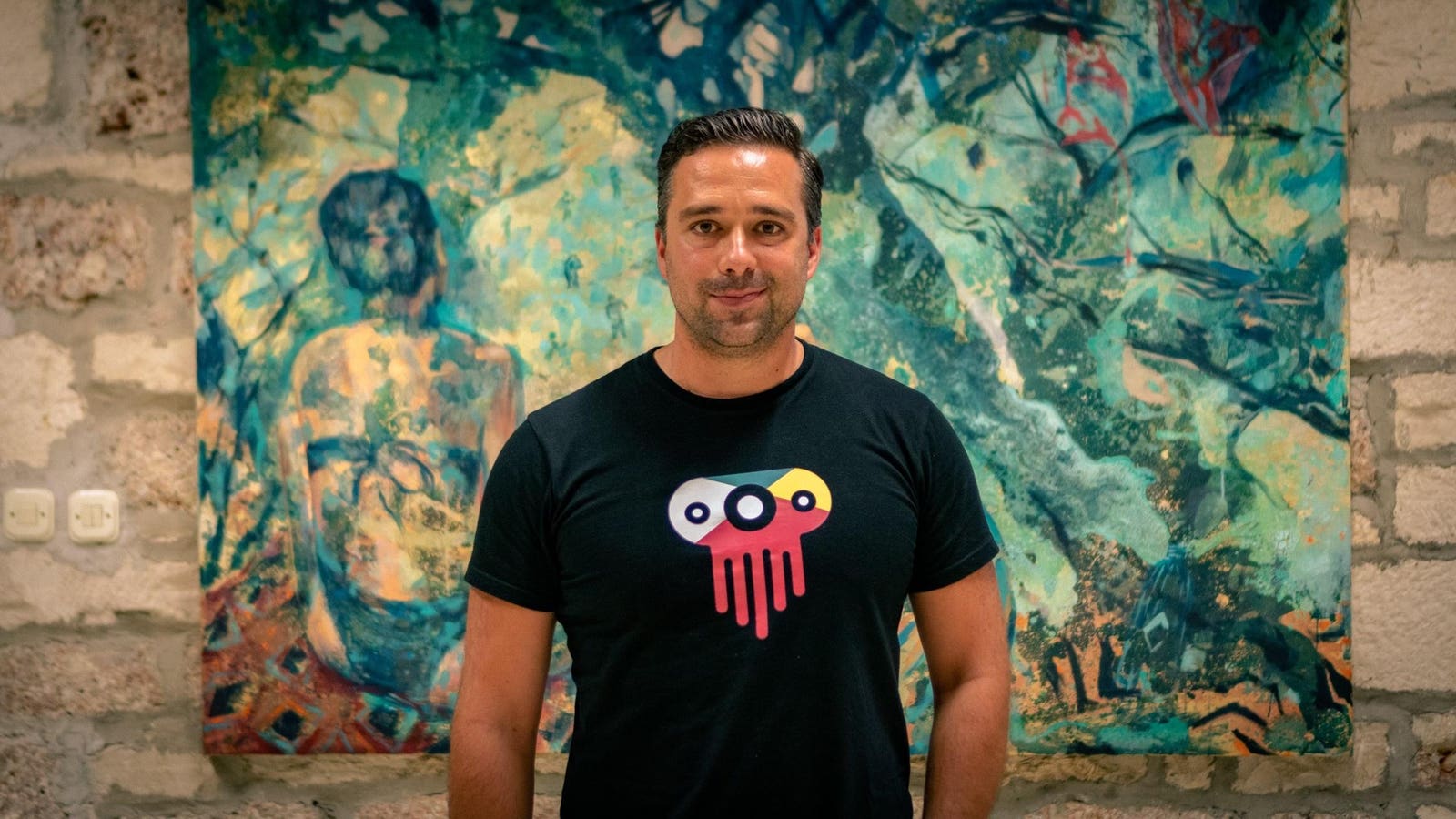Diversity & Tech
The tech industry is often idealized as a meritocracy, where a developer’s success hinges on their ability to deliver efficient solutions while collaborating within their team. However, the reality is more complex, as evidenced by the efforts of many organizations to enhance diversity within their teams, from junior developers to leadership positions.
Originally championed by larger tech firms during the Web2 era, similar themes are emerging in new technologies like Web3. The true potential of Web3 technologies has yet to be fully realized and requires curiosity and exploration to bring this about. This overarching theme of increasing diversity also informs practices in personal finance and how businesses allocate their resources across multiple industries.
Finance, Business, and Investment
The concept of diversity in business aims to facilitate the exploration of a wide range of viewpoints and opinions, allowing the most effective ones to rise to the top. This includes adopting various approaches to allocating resources and investments across different market sectors and teams. The importance of diversity in IT has been noted by Dr. Harold Patrick of Christ University after he conducted research on the effects of diversity management within the IT industry:
“Successfully managing diversity can lead to more committed, better satisfied, better performing employees and potentially better financial performance for an organization.
Researchers have suggested that diversity has enhanced performance by broadening the group’s perspectives. There is a strong empirical confirmation that successful diversity management and a resulting improvement in organizational performance are positively correlated”
The principle of diversity has long been present in finance. It is exemplified by products like index funds that provide a broad market overview and spread investor risk across a wide sector, usually the economy as a whole. By diversifying risk across a wide spectrum, individuals can invest without requiring intricate financial knowledge and without taking on the risks associated with a limited portfolio.
A similar approach can be found in businesses like StoneBlock, a Web3-based hub, which serves also as networking and education platform founded by Stipe Plejic. Its goal is to bring together enthusiastic individuals, but also proven professionals of all experience levels to share ideas. StoneBlock also practices diversification in its projects, supporting the high-end art market through the development of Endemic, a Web3-based platform for artists and collectors. It allows for the exchange of works and provides a platform to explore both emerging and established artists.
Building on the benefits of diversity and collaboration more directly, Plejic has also supported the founding of Agroom, a first blockchain island in the world that encourages interaction and collaboration while providing tailored infrastructure for information technology and Web3. By basing the workspace around these principles, while providing the tools on hand, the space encourages the free flow of ideas that are needed to progress emerging technologies.
How Is Web3 Different?
With his background in macroeconomics and nearly a decade of experience as policy adviser in the European Parliament on trade dossiers and digital policy before founding StoneBlock, Stipe Plejic has implemented these principles in his business operations and overall vision. Plejic provides insight into how greater diversity can be implemented in businesses and by individuals.
“StoneBlock was founded to unite people with enthusiasm for emerging technology. We aimed to create a space where people could share experiences, network, and provide a platform for growth and education as the industry develops.
Having a wide range of viewpoints and ideas is crucial in building technology that will be useful to everyone, and that’s our goal here: to provide people with the tools to understand and access the entire market.
These principles have enabled us to launch several products that allow our teams to gain broad experience across the industry, and we hope to see other players follow suit.”
A Large But Fertile Field
As changes in global market conditions make the interactions between markets, businesses, and even personal finance increasingly complex, diversity is emerging as a solution to counter potential shortfalls. By incorporating a wide range of viewpoints, organizations can guard against unrecognized bias and the tunnel vision that often accompanies it.
On an individual level, approaching financial management with the mindset of diversification across multiple industries, instruments, and strategies is commonly advised. This approach can also prevent the temptation to focus too narrowly on one area, thus reducing the associated risks.
Read the full article here













Leave a Reply